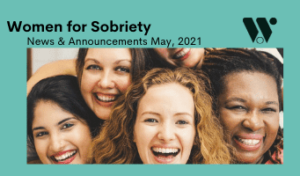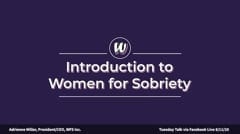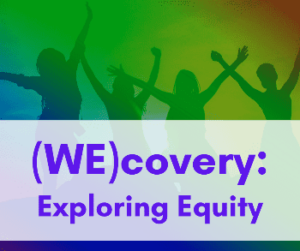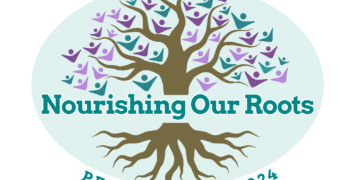Your cart is currently empty!

WFS May 2021 News & Announcements

Two Weeks Until Conference

June 11-13, 2021
Post-conference replay period through June 27
Connect with hundreds of 4C women from around the world at this year’s virtual conference!
- 3 keynote addresses
- 18 breakout sessions – attend 4 workshops live, watch recordings of the rest during our popular Replay period
- 6 pre-conference live icebreakers
- Video lounges, WFS meetings, fundraising, and more!
$75 ~ $50 ~ $25
REGISTER NOW
After you’ve registered, use this handy checklist to help you get ready!

Strategic Plan
 Release the past – plan for tomorrow – live for today!
Release the past – plan for tomorrow – live for today!
The WFS Board of Directors was happy to release our new Strategic Plan in May 2021, which included our new, modernized Vision, Mission, and Values statements.
In case you missed it, READ THE PLAN HERE.
In Memory of a 4 C Sister
On April 20, 2021 after a short illness at age 90, Patricia St. G from RI left this earth for her heavenly home. Pat was a long time member, joining WFS in 1987. After two years of sobriety in 1989 she became a Certified Facilitator. In 1992 she joined the Board of Directors. In 2011 she resigned from the Board and in 2017 resigned as Certified Facilitator. She served 19 years on the Board and led her group for 28 years. Pat attended many conferences, was an active contributor to Sobering Thoughts and organized many fundraisers for WFS. She dedicated over 30 years to the WFS organization helping women in recovery. We lost a beautiful 4C woman.
Read memories of Pat shared by several 4C women
New! WFS Videos
 WFS Online now has a new journal category for WFS Videos!
WFS Online now has a new journal category for WFS Videos!
If you aren’t a member of our WFS Facebook group New Life Program Connections, you can catch up on Adrienne’s Tuesday Talks series, which is currently being rolled out. Recordings of previous conference workshops are also being released periodically, and when we have the proper releases on file, they will also be publicly accessible on Vimeo.
Conference Season Giving
Only a few days left to donate to the Teddy Bear Challenge!

Bid on a one-week stay in this beautiful beachfront condo and more at the WFS Annual Auction – online!
Or attend our Celebrate the Possibilities event on Saturday night at the conference, and give during our fun virtual “paddle raise” fundraiser!
Diversity, Equality & Inclusion
(WE)covery: Exploring Equity

WFS has learned a lot through this weekly hybrid group since it started last August. Read Adrienne’s recent blog post to learn more. Come join us at our new day and time through WFS Online
Mondays 6:30-8:00 pm US/Eastern
Healing Recovery Spaces – An Anti-Racism Training
This new training has been implemented for our Certified Facilitators (CFs) and is being offered throughout the year. A special open workshop is also available as part of the conference for anyone who wishes to attend. Watch this video of WFS President/CEO Adrienne Miller interviewing training consultant Shari Hampton about this new offering:

From the Web
The 17 Best Online Sobriety Support Spaces for 2021 – Soberish.com
WFS is ranked as one of the best women-centered sobriety support resources! Read the full article
Treatment Interventions For Women with Alcohol Use Disorder – Alcohol Research Current Reviews
Women with alcohol use disorder (AUD) experience more barriers to AUD treatment and are less likely to access treatment than men with AUD… Research has suggested that outcomes for women are best when treatment is provided in women-only programs that include female-specific content. To date, research on treatments tailored to the individual needs of women is limited, but research on mechanisms of change has suggested the importance of targeting anxiety and depression, affiliative statements in treatment, abstinence self-efficacy, coping skills, autonomy, and social support for abstinence. Read the full article




